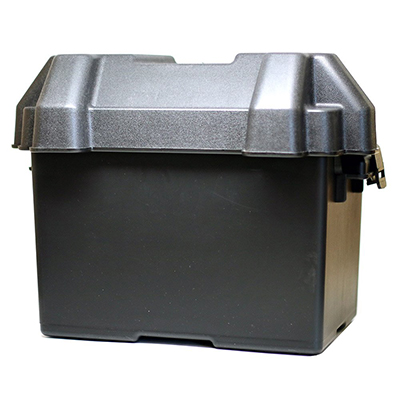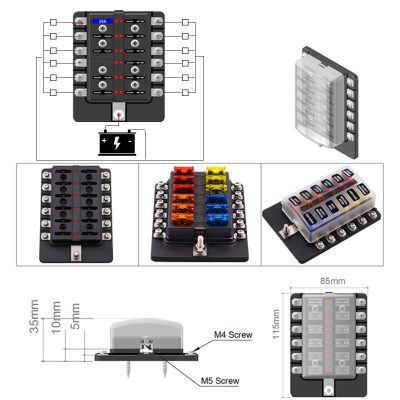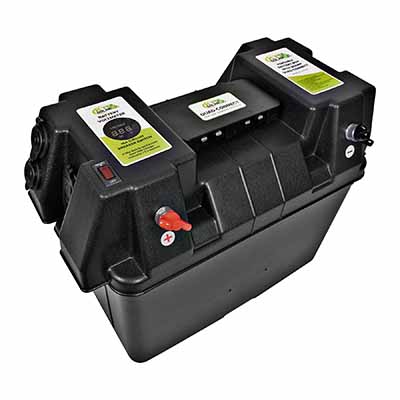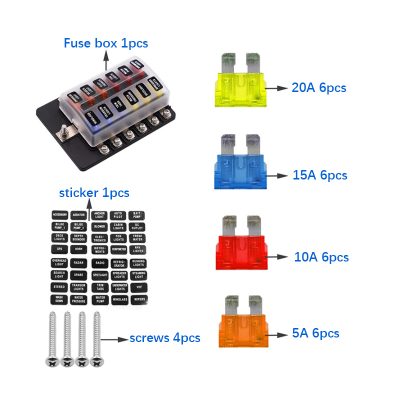Advanced Automotive Battery Enclosures for Enhanced Protection and Long-Term Storage of Lead-Acid Batteries in Vehicles
News 2025-10-31
Automotive battery boxes are essential components designed to safeguard lead-acid batteries in cars, ensuring they remain protected from environmental hazards and mechanical damage. These enclosures provide a secure housing that maintains battery integrity during use and storage, reducing the risk of corrosion, short circuits, and physical impacts. In the automotive industry, proper battery protection is crucial for vehicle reliability and longevity, as lead-acid batteries are widely used due to their cost-effectiveness and energy density. By enclosing the battery, these boxes help mitigate common issues like acid leakage and terminal corrosion, ultimately extending the battery’s service life and enhancing overall vehicle performance.

Application Scenarios
Lead-acid battery boxes find extensive use in various automotive contexts, including vehicle maintenance shops, storage facilities, and even in custom vehicle builds. For instance, in garages and workshops, these enclosures protect batteries during repairs or when vehicles are idle for extended periods. They are also ideal for seasonal storage, such as winterizing cars in cold climates where freezing temperatures can damage unprotected batteries. Additionally, in electric and hybrid vehicles, battery boxes ensure safe integration and operation, preventing exposure to moisture, dust, and vibrations that could compromise battery function. This versatility makes them a standard choice for both professional and DIY automotive applications.
Performance Advantages
Automotive battery boxes offer several key benefits that enhance battery durability and efficiency. Constructed from robust materials like high-impact plastic or corrosion-resistant metals, they provide superior insulation against extreme temperatures and environmental contaminants. This design not only prevents physical damage but also improves electrical safety by isolating the battery and reducing the risk of accidental shorts. Furthermore, these enclosures facilitate better heat dissipation, which can extend battery life by minimizing thermal stress. In terms of performance, they enable more consistent voltage output and reduce maintenance needs, making them a practical solution for everyday driving and long-term storage scenarios.
Common Questions
1. What materials are used in automotive battery boxes?
They are typically made from durable plastics, metals, or composites that resist corrosion and impact.
2. How do battery boxes extend battery life?
By shielding batteries from environmental factors like moisture and temperature extremes, they reduce degradation and prevent common failures.
3. Are battery boxes suitable for all vehicle types?
Yes, they can be adapted for various vehicles, including cars, trucks, and motorcycles, ensuring broad compatibility.


